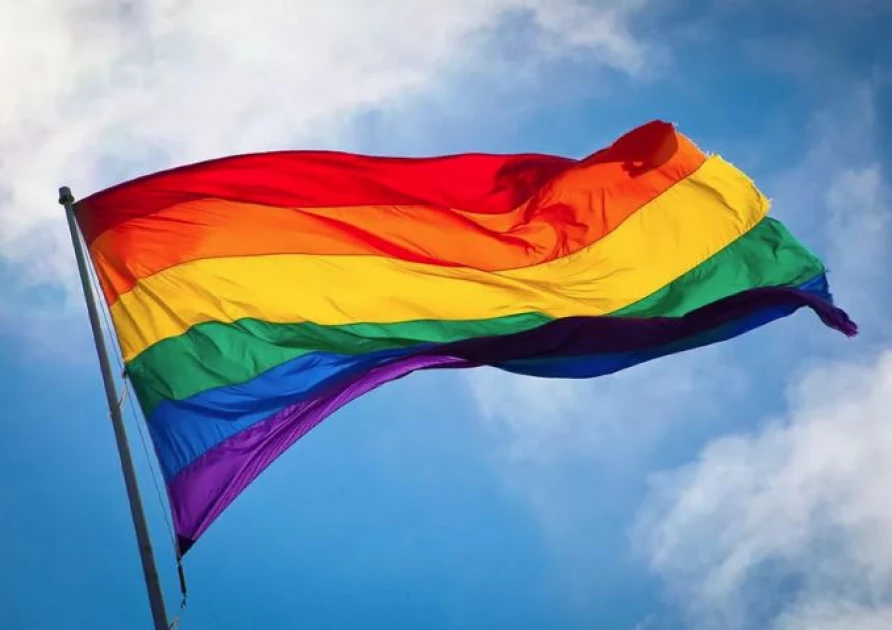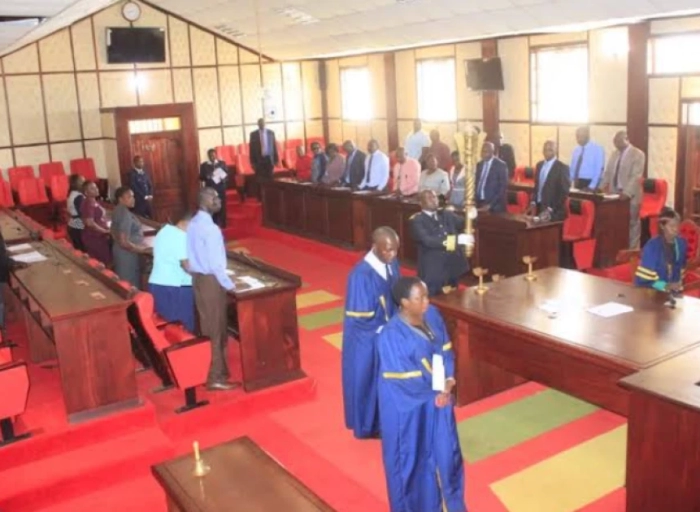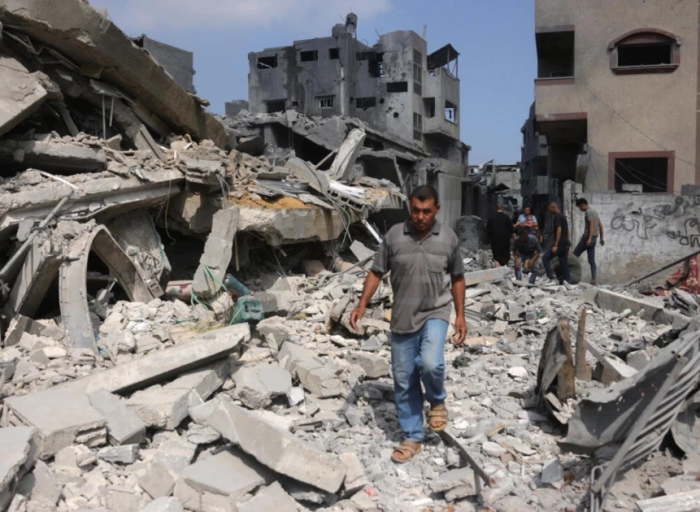The United Nations and the Dutch Ministry of Foreign Affairs have announced the cancellation of an LGBTQ-themed event in Senegal following firm opposition from the Senegalese government. The planned event, which was to include a film screening and a discussion on LGBTQI issues, drew criticism from Senegalese authorities who warned of serious consequences for organizers and participants.
Senegal’s Ministry of Foreign Affairs issued a statement on Friday condemning what it described as the “promotion of the LGBTQI phenomenon,” reaffirming the country’s strict stance against homosexuality. Senegalese law criminalizes same-sex relations under the banner of “acts against nature,” with offenders facing up to five years in prison.
“The government reserves the right to take any appropriate action against any organizers of such activities, and even against participants, whatever their origins, status or rank,” the ministry cautioned, underscoring that all diplomatic and international activities must align with national regulations.
Following the warning, UN Human Rights Office spokesperson Seif Magango confirmed the event had been canceled and stated that discussions with Senegalese authorities were ongoing. The Dutch foreign ministry also issued a statement reaffirming its commitment to human rights and equal treatment, but noted the event was withdrawn “considering various factors.”
The episode highlights the enduring tension between international human rights advocacy and national legislation in West Africa, where many countries uphold conservative social policies. In 2022, Senegalese lawmakers rejected a proposal to strengthen anti-LGBTQ laws, stating the current legal framework was sufficient. Meanwhile, Ghana is also navigating a controversial anti-LGBTQ bill that, if enacted, could become one of the continent’s most restrictive.
As diplomatic missions balance human rights initiatives with host nation sensitivities, the cancellation underscores the complex landscape surrounding LGBTQ advocacy in Africa.



